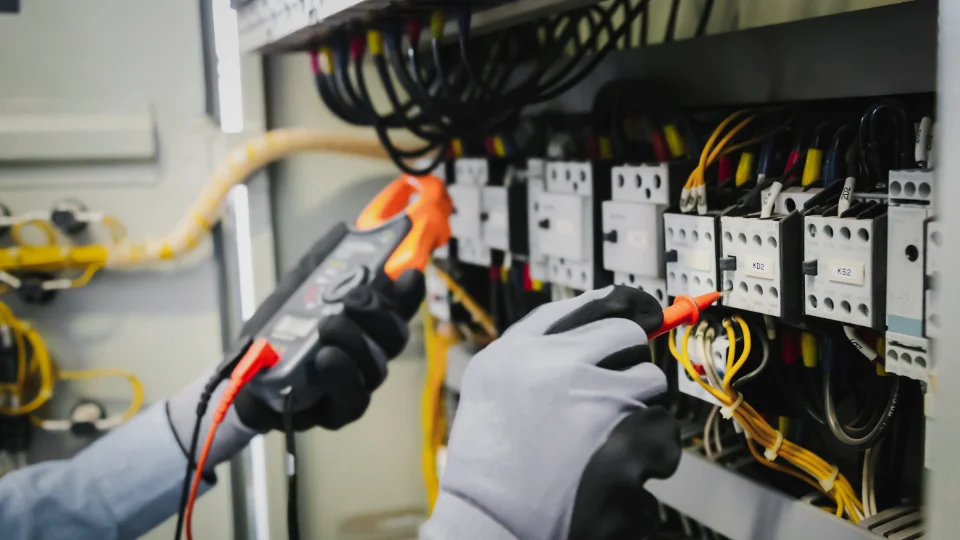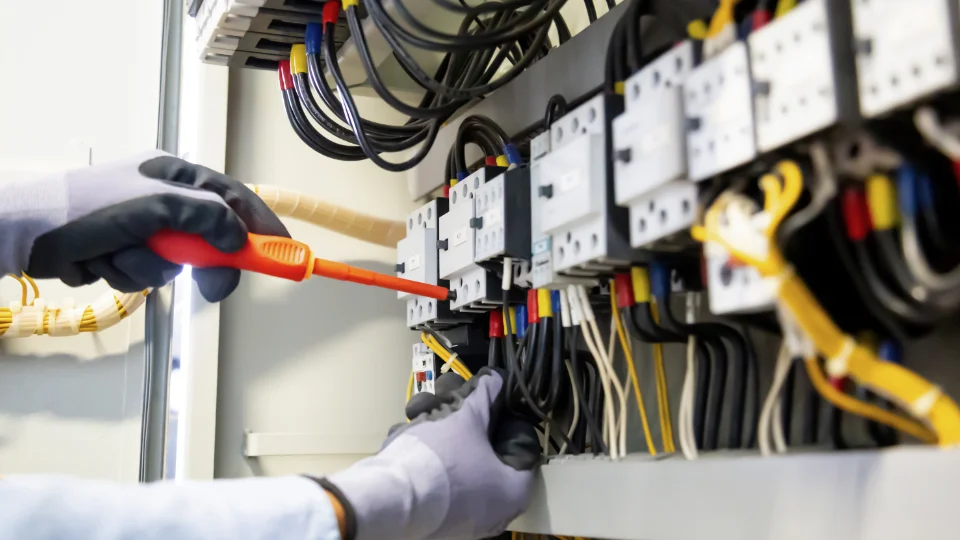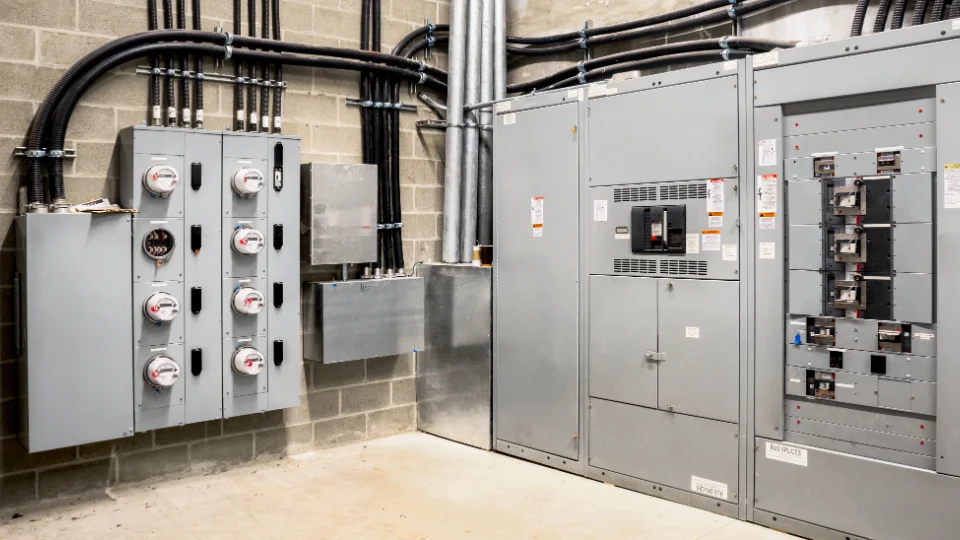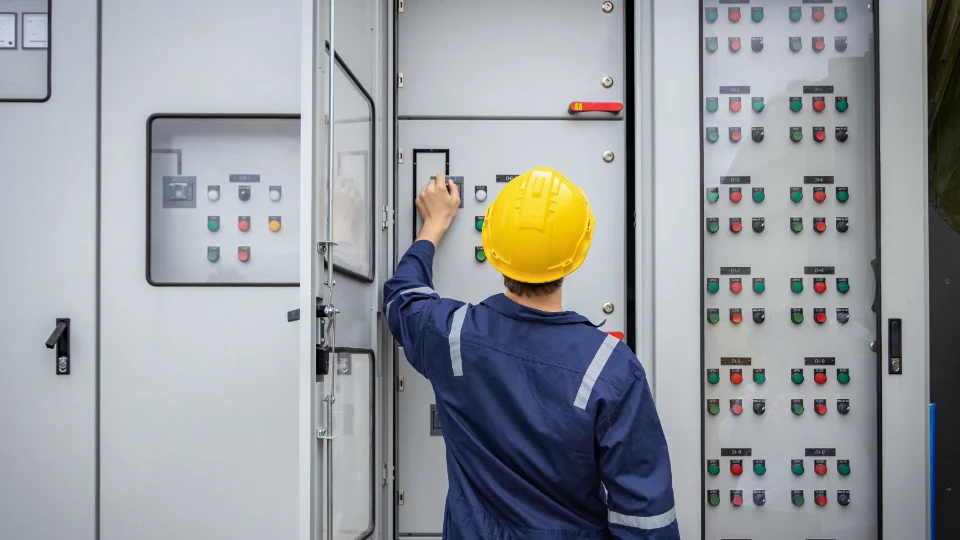
NFPA 70B: Key Maintenance Tips for Electrical Safety

Electrical safety is a critical concern for both commercial property managers and residential homeowners. The National Fire Protection Association (NFPA) developed the NFPA 70B standard to provide guidelines for maintaining electrical systems and ensuring safe operations. This blog explores key maintenance tips derived from NFPA 70B to help you protect your property, equipment, and occupants.
What is NFPA 70B?
NFPA 70B is the “Recommended Practice for Electrical Equipment Maintenance,” a comprehensive guide that outlines best practices for maintaining electrical systems. It emphasizes preventive maintenance to reduce electrical failures, extend equipment lifespan, and enhance safety. While often applied to large-scale commercial and industrial properties, its principles are equally beneficial for residential settings.
Key Maintenance Tips for Electrical Safety
1. Conduct Regular Inspections
Regular inspections are the foundation of any effective maintenance program. According to NFPA 70B, inspections should include:
- Visual checks for wear, damage, or corrosion.
- Testing equipment for functionality and safety.
- Inspecting connections, wiring, and insulation for signs of deterioration.
For homeowners, periodic checks of outlets, breakers, and visible wiring can help catch small issues before they escalate.
2. Maintain Accurate Documentation
Keeping detailed records of your electrical system is crucial for both troubleshooting and compliance. NFPA 70B recommends maintaining:
- Equipment maintenance logs.
- Inspection and testing reports.
- A record of upgrades and repairs.
For commercial properties, this documentation is invaluable during audits or when updating systems.
3. Prioritize Preventive Maintenance
Preventive maintenance minimizes downtime and costly repairs. Key tasks include:
- Cleaning electrical panels to remove dust and debris.
- Tightening connections to prevent overheating.
- Replacing worn components before they fail.
In residential settings, this might involve replacing outdated outlets or upgrading your breaker panel.
4. Address Overloaded Circuits
Overloading circuits is a common cause of electrical fires. NFPA 70B highlights the importance of load management:
- In commercial properties, ensure circuits are not exceeding their rated capacity.
- At home, avoid plugging too many high-demand appliances into a single outlet or extension cord.
5. Test Grounding Systems
A properly grounded electrical system is essential for safety. Testing grounding systems is recommended to prevent electrical shock hazards and protect equipment from power surges.
6. Implement Thermographic Scans
For commercial properties, thermographic scans can detect overheating components that might not be visible during a standard inspection. This proactive step is especially beneficial for identifying potential failures in complex systems.
The Benefits of Following NFPA 70B
Adhering to NFPA 70B guidelines helps you:
- Reduce the risk of electrical fires.
- Prolong the lifespan of electrical equipment.
- Ensure compliance with safety standards.
- Minimize costly downtime and repairs.
Why Partner with a Professional Electrician?
Electrical systems are complex, and DIY solutions can be dangerous. Whether managing a commercial property or maintaining your home, working with licensed electricians ensures your systems are safe, efficient, and compliant with NFPA standards.
Contact Bates Electric Today!
Our team is experienced in implementing NFPA 70B recommendations, offering reliable service for commercial and residential properties. Visit Bates Electric or call us now to schedule a consultation and keep your electrical systems running safely and smoothly!
Share:
Social Media
Most Popular


Power Backup Solutions for Business Continuity

Planning Electrical Systems for New Constructions

Surge Protection Tips for Your Business
Categories
Related Posts

Preparing Your Facility for an Electrical Safety Audit
Why Electrical Safety Audits Matter An electrical safety audit is not something facilities should view as a one-time obligation. It is a practical check that

2025 Trends in Commercial Electrical Services
As businesses continue to grow and adapt to new technologies, the demand for reliable, efficient, and scalable electrical systems is higher than ever. Commercial electrical

Power Backup Solutions for Business Continuity
Power outages aren’t just an inconvenience, they’re a risk to your operations, your equipment, and your bottom line. Businesses today depend on uninterrupted access to

Planning Electrical Systems for New Constructions
Designing the electrical system for a new commercial building is a serious responsibility. It demands thoughtful decisions about capacity, layout, safety, and scalability. When done
